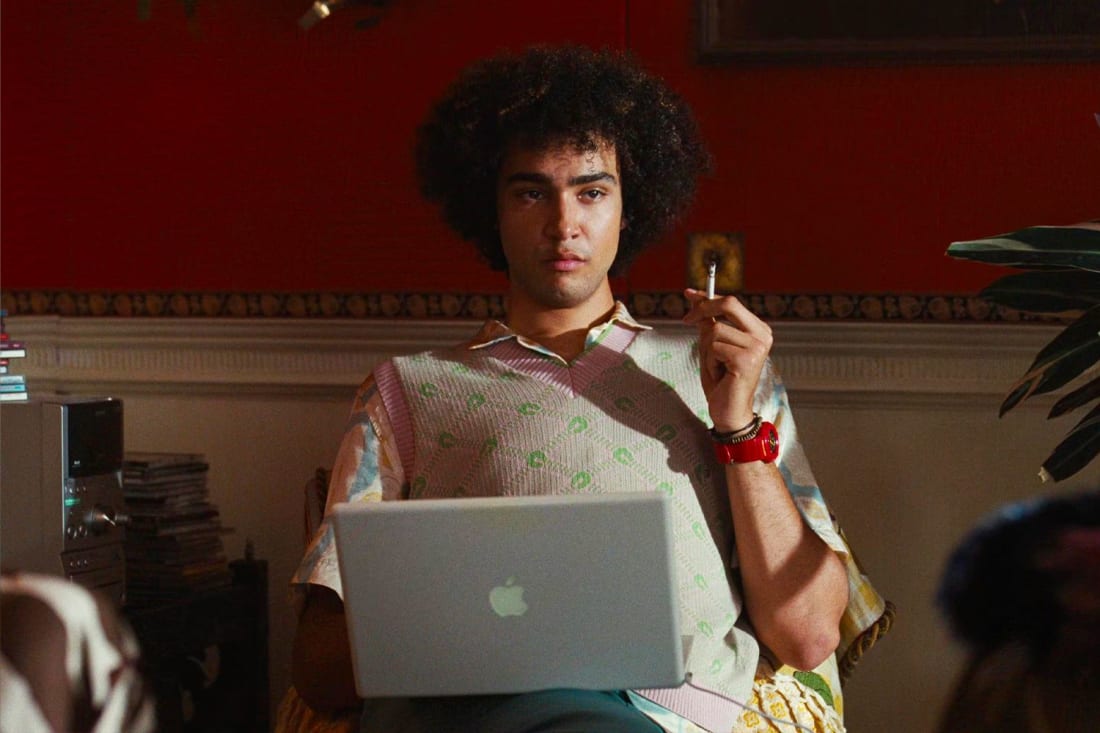How to handle hangxiety
Whether it’s festival blues, a work party gone wild, or a weekend spent in goblin mode – here’s how to beat off the post-alcohol fear
Whether it’s festival blues, a work party gone wild, or a weekend spent in goblin mode – here’s how to beat off the post-alcohol fear
When 23-year-old Alexa Jay went out for a few drinks to celebrate her roommate’s promotion, she had a night she describes as “perfect and so much fun”. But when she woke up the next day, Alexa “felt dreadful”. Her heart was beating fast and her mind was racing; she was experiencing hangxiety.
Hangxiety (hangover anxiety) — also known as ‘beer fear’ or the ‘Sunday scaries’ — is the feeling of anxiousness and paranoia that sometimes follows drinking alcohol. “When I think about the night before it would make me cringe and make my stomach drop like I’m on a roller coaster,” explains Alexa, “mentally I spiral, I think that all my friends hate me and that I’m the worst person ever.”
We’ve all been there; waking up with a pounding headache and that compulsion to check your messages and Instagram stories in case you’ve done something embarrassing or text your friends an irrational, “are you annoyed at me?” message.
“Alcohol has the ability to disrupt our neurotransmitters – the chemical hormones in the brain that control our emotions such as serotonin and dopamine – leaving us feeling blue, anxious and moody,” explains registered nutritional therapist Alice Mackintosh.
In addition to this serotonin crash, Alice explains that the high sugar content in many alcoholic drinks can wreak havoc with our blood sugar levels, in turn disturbing our sleep and making us wake up earlier, which can often mean the body produces more cortisol, something that, for many, can lead to anxiety.
“Alcohol is also an anti-nutrient, meaning our bodies use up important nutrients when we break it down and remove it. Lower levels of B vitamins and magnesium in particular can lead to increased anxiety for some people too,” she says.
Studies suggest hangxiety affects around 12 percent of people, but anecdotally, especially amongst Millennials and Gen-Z, the reality seems to be much higher.
Over the last few years, whenever 27-year-old Tori Crowther drinks more than a glass or two her hangxiety leads to a “super intense anxiety attack” the next day. “I lose all ability to function, I’ve had intense hyperventilation and it’s taken me days to recover. I get that classic overwhelming sense of doom that’s impossible to shake,” she says.
“When your body is processing the alcohol and the alcohol is leaving your system, you’re going through a form of withdrawal that can take several hours and depend on body mass, age, gender and other factors,” explains psychotherapist Lucy Beresford. “And whatever anxiety you might have had before you started drinking is amplified.” This mix of pre-existing anxieties and varying genetic tolerance to alcohol could explain why some people, like Tori, experience more severe hangxiety than others.
Lucy’s top tips for managing and minimising hangxiety include hydration; “consider alternating an alcoholic drink with water and drink some water before bed”, eating; “eat before you go out drinking so you’re not drinking on an empty stomach, this can sometimes make you less inclined to drink so much if you’re already full. Once you have finished drinking, try to have something that will soak the alcohol up such as a bacon sandwich or pasta”, moderating your drinking; “being less likely to remember your actions can compound your anxiety,” and, most importantly, talking to friends and the people you were out with to calm any irrational thoughts.
Despite our best intentions, there will still be those nights where any sensible hangover damage control goes out the window and the morning arrives with relentless hangxiety in tow. At this point, turn #hangxiety on TikTok which has 46.3 million views and is filled with videos of people offering advice to others experiencing hangxiety or sharing their own struggles and vowing to never drink again.
One such video, posted by 25-year-old Brandon Edelman, describes his ‘rules for hangxiety’ including; “You’re not a bad person for having a good time”, “The people you were with were likely also drunk”, and “Get out of your head! Talk to your besties.” The video has been liked over 72,000 times and many of the comments read “needed this”.
“Most of my content on TikTok centres around nightlife and drinking culture, so I just wanted to be honest with them about what hangxiety is like,” explains Brandon, who has been experiencing hangxiety since his early 20s. “It’s totally normal to feel this way after a night of drinking,” he says, “alcohol is a depressant!”
Hangxiety might be impossible to avoid sometimes but surround yourself with people you feel comfortable and safe drinking with, try not to drink too much and get some food and water down you if you can. But most importantly, remember you were never as embarrassing as you think and you're definitely not the only one feeling like this.



